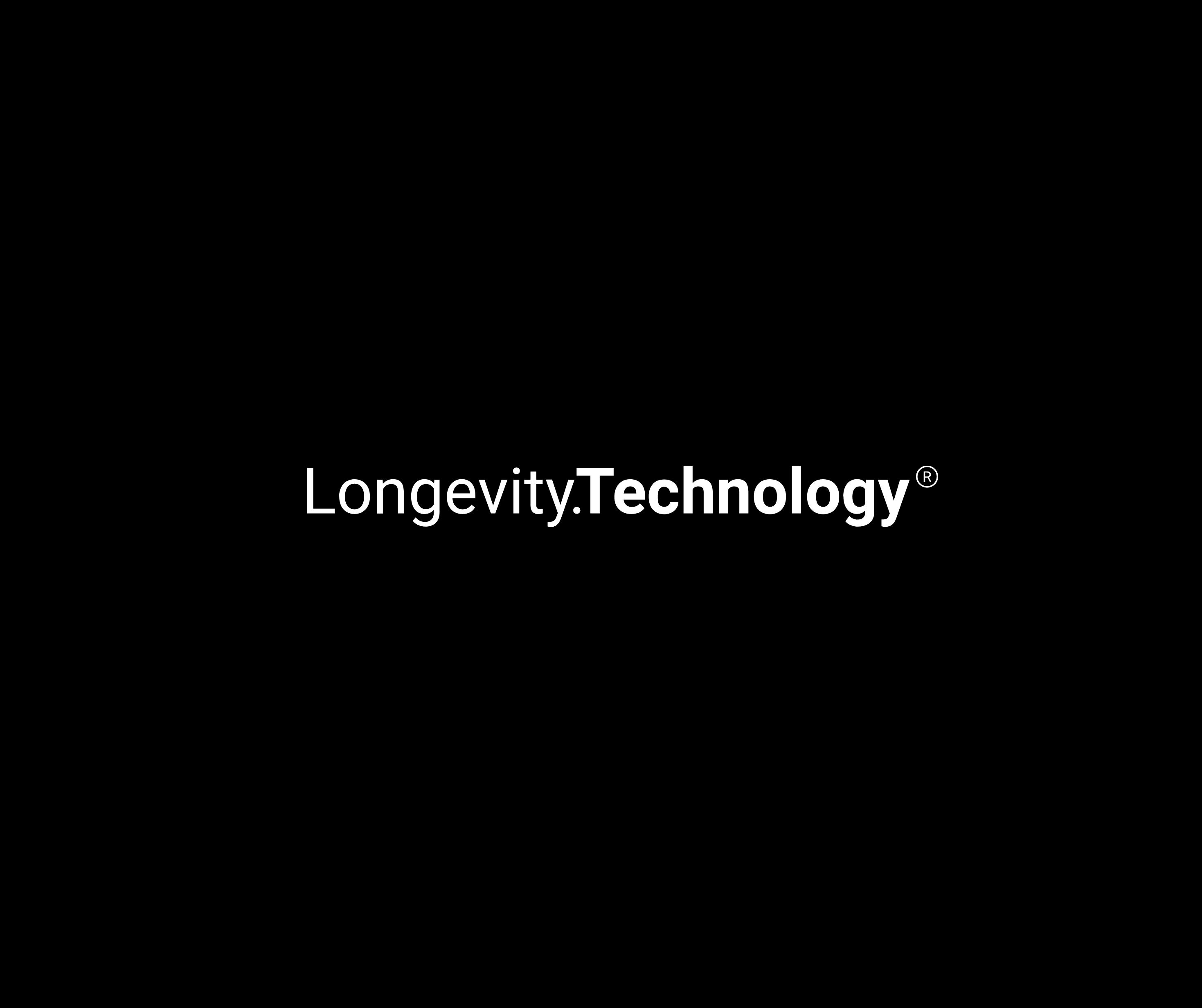Chemical screening to find hidden Longevity gems?
- Longevity.Technology

- Mar 26, 2020
- 3 min read
Start-up NemaLife evolves from platform technology to services provider to identify chemicals that have both positive and negative effects on Longevity.

Author: Danny Sullivan | Published on: March 26, 2020 | Last updated: May 10, 2022
The use of the C.elegans invertebrate in the study of Longevity is well understood, but one company is using the model organism in a new way. Texas-based start-up NemaLife is aiming to help prioritisation of drug studies in mammalian models by offering comprehensive screening services for thousands of compounds. The company’s platform uses the C.elegans model in combination with AI to provide phenotypic information related to changes in a wide range of areas, including both healthspan and lifespan.

(From left to right) Marton Toth, Ph.D., and co-founders Siva Vanapalli, Ph.D., and Mizanur Rahman, Ph.D.
NemaLife has its origins at Texas Tech University, and co-founder Mizanur Rahman’s graduate project, which explored microfluidic technology for aging and healthspan investigations in C. elegans. We spoke to Chief Business Officer Marton Toth, who tells us that NemaLife sets itself apart from other organisations in the Longevity space that focus on correcting, reversing or minimising the damage associated with aging.
“As far as I know, we are the only company in the whole Longevity space that is focusing on preventive testing of chemicals that everybody is exposed to in their everyday life – from food to drugs to cosmetic products,” he says. “We are focusing on prevention, so that people can make important decisions to only use chemicals that are (in this invertebrate system) found to be safe or ideally having beneficial effects for the aging process.”
NemaLife’s first product, called Infinity, is a screening system designed for research laboratories, but that was just the beginning.
“We have realised that there is a much bigger opportunity related to these activities,” says Toth. “So we’ve started offering our in-house testing capacity to businesses and become a screening service company.”
So why is this important? In everyday life we are always surrounded by chemicals – in our food, our medication, our beauty products and so on. And, while these chemicals are of course tested, they are usually only tested for very basic safety features like acute toxicity – not for things like their potential impact on aging.
“There is also a limitation in combinational testing,” says Toth. “So if you have a look at a complex product that has multiple ingredients, most companies only use the safety information for each ingredient independently, not combined in a final product.”
The cost and time taken to conduct testing in rodents or mammals is prohibitive but NemaLife believes it has found a sweet spot that provides a lot of the biological relevance of mammalian test but at high-speed and at an affordable price point.
“So we’re basically growing from a product hardware and software company that supports Longevity research into a service screening service company that can test a vast number of chemicals for their aging-related effect,” says Toth. “That is currently a minimal or almost non-existent market.”
Having only been exploring this opportunity for a few months, NemaLife has already secured initial projects for customers across a range of sectors, including pharmaceuticals, nutraceuticals, agri-bio and cosmetics.

The Infinity Lab at NemaLife
“We’ve started providing small scale services for billion dollar companies in this space who are testing our services,” says Toth. “The obvious primary target markets are cosmetic and pharmaceutical companies – their current models and operation offers the most seamless integration of our services. Pretty much all the global pharmaceutical companies are sitting on hundreds of thousands of chemicals in their compound libraries that could be tested for their Longevity effects, but there’s no viable technology for that at the moment.”
While it’s still early days for the company, NemaLife has lofty goals for its scalable approach to testing.
There are of course some limitations to NemaLife’s technology, which is testing invertebrates and not human beings. But there are clear advantages of having an affordable, high throughput screening method that can point out potential long term hazards and benefits of specific chemicals.

The C-elegans worm
“We are not going to replace mammalian testing or clinical trials,” says Toth. “We want to help our customers point their focus to chemicals that should be tested first.”
Having been predominantly self-funded to begin with, NemaLife’s revenue initially came from sales of the Infinity system to academic labs, but Toth notes that about half of the company’s revenue this year is coming from its new screening services. As a result, NemaLife is seeking seed round funding in 2020 to ramp up its business.
“We are looking for investors who see the relevance of the vision that we see in the market and who would offer us the business and financial resources to be able to make the next step toward significant scale up,” says Toth.




Comments